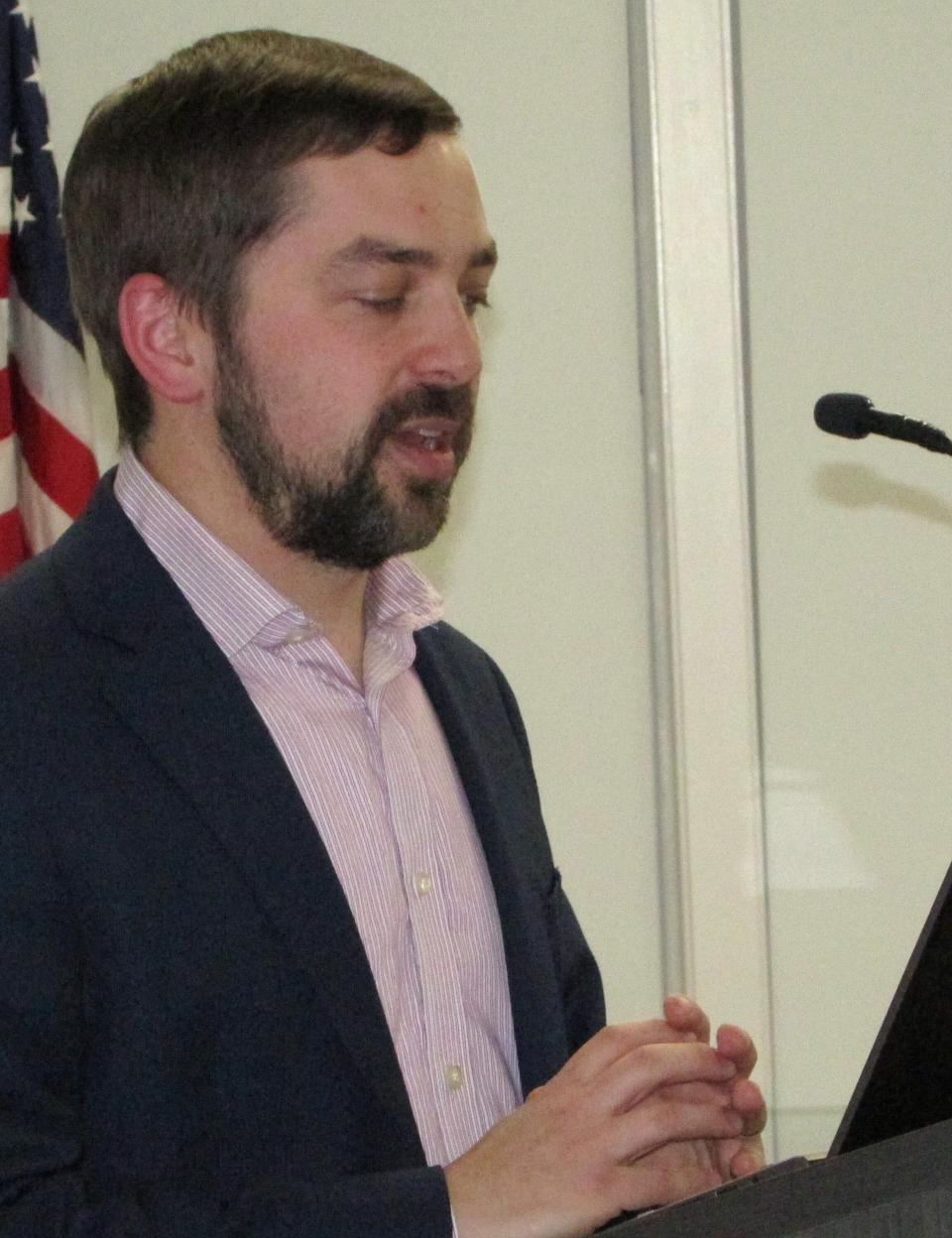Cape officials identify internet service lapses, as state gets $14.2M to improve access
Editor's note: A response provided by Comcast was added to this story on April 28, 2024.
Affordability and accessibility are Cape Cod’s biggest challenge to achieving digital equity, town officials and local representatives said, as Massachusetts moves ahead with a plan to reach that goal.
The Massachusetts state digital equity plan, created by the Massachusetts Broadband Institute, was approved on March 26 by the National Telecommunications and Information Administration. Three days later, the state received $14.2 million from the Digital Equity Act under the Bipartisan Infrastructure Law, as a part of the “Internet for All” initiative, which will help implement the programs in the state’s digital equity plan.
Digital equity means ensuring that all people and communities have the skills, technology, and capacity needed to reap the full benefits of the country's digital economy.
“We as a region lack competition in terms of broadband service, and a result of that is having the highest internet prices of any of the regions in Massachusetts,” said Steven Tupper, deputy director of Cape Cod Commission.

'These experiences aren't universal'
Tupper said while Cape Cod is a well-connected region where most residents have access to devices that meet their needs, it is important to note that “these experiences aren't universal.”
He said affording an internet connection and an appropriate device is a challenge for many households. While the resources are available, there are barriers to accessing those resources.
In Orleans: 'Many cannot afford'
“Many cannot afford the $60 monthly charge,” said Judi Wilson, director of Orleans Council on Aging and Senior Center.
Wilson said there should be grants and assistance made available for those who need technology but cannot afford to purchase them.
She said that people use Verizon if they can afford it and many seniors in affordable housing at Tonset Woods in Orleans can’t afford the monthly cell phone plan for Verizon, and use Trac phones "which have horrendous reception in many parts of town.”
After the COVID-19 pandemic, there has been a major transition to the use of technology in many areas of daily life, such as accessing medical records, applying for senior housing, purchasing tickets for concerts, or making travel arrangements, she added. “Many older adults have struggled to make the transition.”
“The town strives for a community where all residents and visitors can easily, safely, and equitably access the internet,” said Michael Solitro, Assistant Town Planner, Orleans.
In Yarmouth: 'Service is costly'
Yarmouth Town Administrator Robert Whritenour said the town has internet services through its license agreement with Comcast.
But, he added, “service is costly, speeds vary, and affordable alternatives to Comcast are not always readily available.”
He said Yarmouth has multiple economic justice areas with residents with relatively low income, which adds to the digital divide in terms of affordability.
“The town has also applied for funding through the MBI to support broadband expansion in our community,” Whritenour said. He added that Yarmouth will seek digital equity planning services through Massachusetts Broadband Institute’s Municipal Digital Equity Planning Program.
According to a spokesman from Comcast, the Cape also has access to a program called Internet Essentials, “which provides digital or secure internet service for as low as $9.95 bucks a month and an opportunity to buy a laptop.”
'The most significant challenges'
“Our rural areas have the most significant challenges in terms of connectivity,” said Tupper.
He added that the Cape has a large aging population, which adds to more challenges in the digital equity realm, as many of these individuals did not grow up with technology, and so they “statistically have more challenges.”
“The state has been doing a lot of work in this space,” Tupper said. The commission has also been coordinating with the state, to make sure that they are aware of the regional broadband needs of the Cape.
“What I would like to see is the appropriate level of attention and resources paid to this challenge,” Tupper said.
Michael Baldino, director, and general counsel of Massachusetts Broadband Institute, said that they are excited about the recently approved plan “which will serve as a roadmap for future investments that will continue to advance digital equity on the Cape and surrounding regions.”
The Cape Cod Times is providing this coverage for free as a public service. Please take a moment to support local journalism by subscribing.
This article originally appeared on Cape Cod Times: State plan to improve internet experience for low income, older people

